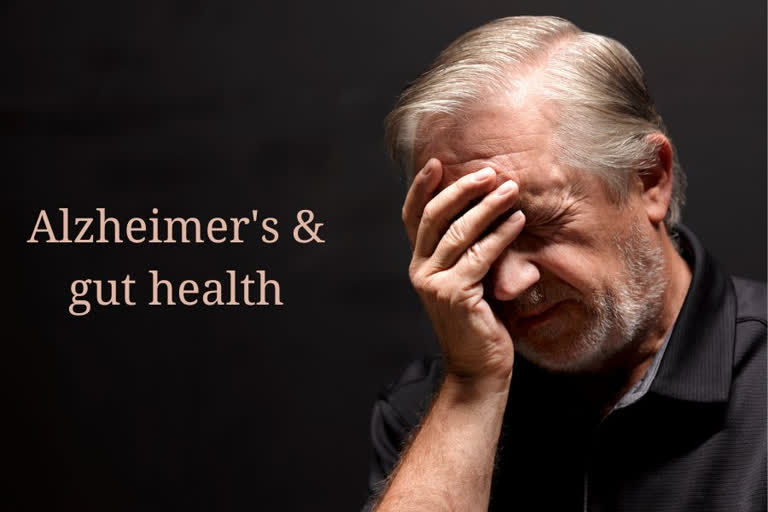The chances of developing Alzheimer's disease (AD) may be higher in people with gut disorders, according to a new study conducted by Edith Cowan University. The study has confirmed the link between the two, and it could lead to earlier detection and new potential treatments. Having no curative treatment, AD destroys memory and thinking ability and is the most prevalent form of dementia. It has no known curative treatments and is expected to affect more than 82 million people and cost US$2 trillion by 2030.
Previous observational studies have suggested a relationship between AD and gastrointestinal tract disorders, but what underpins these relationships had been unclear -- until now. ECU's Centre for Precision Health has now provided new insights into these relationships by confirming a genetic link between AD and multiple gut disorders.
The study analysed large sets of genetic data from AD and several gut-disorder studies -- each of about 400,000 people. Research lead Dr Emmanuel Adewuyi said it was the first comprehensive assessment of the genetic relationship between AD and multiple gut disorders.
The team discovered people with AD and gut disorders have genes in common -- which is important for many reasons. "The study provides a novel insight into the genetics behind the observed co-occurrence of AD and gut disorders," Dr Adewuyi said. "This improves our understanding of the causes of these conditions and identifies new targets to investigate to potentially detect the disease earlier and develop new treatments for both types of conditions."
Also read:Study finds 7 healthy lifestyle habits linked to reduced dementia risk
Centre for Precision Health director and study supervisor Professor Simon Laws said whilst the study didn't conclude gut disorders cause AD or vice versa, the results are immensely valuable. "These findings provide further evidence to support the concept of the 'gut-brain' axis, a two-way link between the brain's cognitive and emotional centres, and the functioning of the intestines," Professor Laws said.
